Sparks in Radiotheatern
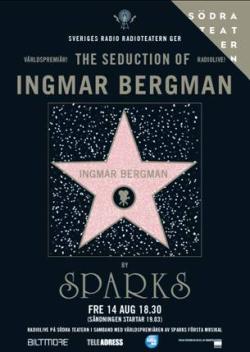 Der schwedische Rundfunksender Sveriges Radio P1 führt die Tradition des Radiotheaters fort. Am 14. August wurde dort "The Seduction Of Ingmar Bergman" von Ron Mael and Russell Mael gesendet.
Der schwedische Rundfunksender Sveriges Radio P1 führt die Tradition des Radiotheaters fort. Am 14. August wurde dort "The Seduction Of Ingmar Bergman" von Ron Mael and Russell Mael gesendet. Sparks waren immer faszinierend, wenn auch oder weil schon lange nicht mehr in den Charts:
"Heartbeat, increasing heartbeat
You hear the thunder of stampeding rhinos, elephants and tacky tigers
This town ain't big enough for both of us, and it ain't me who's gonna leave"
(1974 - härter mit Faith No More 1997 auf Plagiarism) - bis hin zu " (When I kiss you) I hear Charlie Parker playing" auf 'Gratuitous Sax And Senseless Violins' (1994 - popmäßig immer eine Spur besser als die PetShopBoys wegen der Ironie!) oder "Hello Young Lovers" von 2006 (mit den wunderbaren Titeln 06. Metaphor und 10. As I Sit Down To Play The Organ At The Notre Dame Cathedral ...
Und jetzt:
The Seduction Of Ingmar Bergman
By Ron Mael and Russell Mael
What does the typical Swede consider typically American? Hamburgers? Guns? Brad Pitt?
Similarly, what does the typical American consider typically Swedish? IKEA? Volvo? If you’re not exactly typically American, perhaps Ingmar Bergman.
When we were approached by Sveriges Radio (Swedish National Radio) to write a radio musical for them, we considered the possible subject matters that would be able to incorporate the use of the Swedish language (a requirement) and chose the slightly less than typically American choice of Ingmar Bergman.
Bergman and Bergman’s films are known in America, but known mainly by older intellectuals. Neither Russell or I consider ourselves a part of either of those groups, (old or intellectual) but we were familiar with much of Bergman’s work in film from our university years when cinema was considered a legitimate art form and Bergman was considered a master. It didn’t hurt that being a "foreign film" buff at the time was as much of a turn on to young ladies as being a football star. Hollywood films were for the masses and we were not of the masses. Liking Bergman at the time was even more prestigious than liking any director from the French New Wave because he was… Swedish! France was such an obvious choice.
We continued our studies, Russell in cinema and I in graphic design (I wanted to design cars), but our pastime of playing in a band soon made any practical and well-thought out career decision irrelevant. We were, I guess, musicians.
Now it is 40 years later and we have done 21 Sparks albums and find the challenge of working on a radio musical thrilling. How do you convey events happening over time without using visuals? How do you incorporate Ingmar Bergman into a musical fantasy when he seemed to always want to explore the depths of real life? How do you do a radio musical that is not the slightest bit "camp" but still is large-scale and, dare we say it, in widescreen and Technicolor? We have tried to answer these questions as best as we could. We have also tried to be as respectful of the legacy of Ingmar Bergman as we could, while at the same time always feeling a need to be iconoclastic. That’s what pop music is supposed to be about.
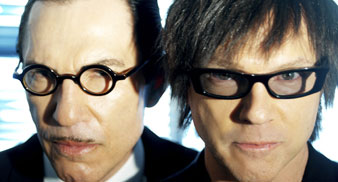
The challenge for us was to make a musical that was a musical in the same way that Ingmar Bergman films were films. If we have succeeded in even a small way, we will be happy.
Ron Mael hier;
Interview mit Russell Meal hier;
+ "The Seduction Of Ingmar Bergman"
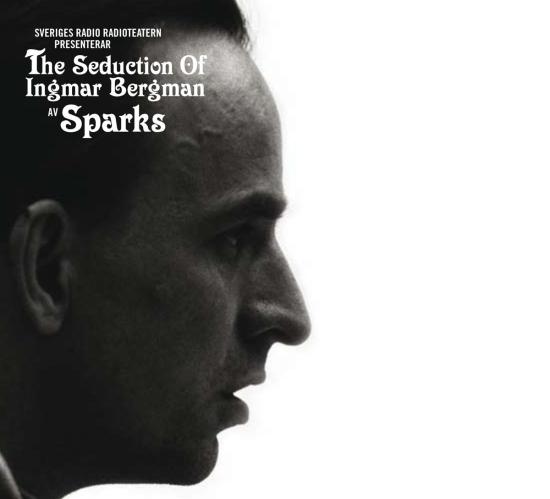
Sehr empfehlenswert!
gebattmer - 2009/08/24 19:19








































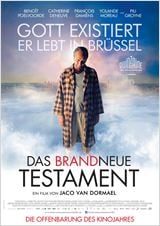











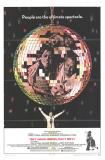






Trackback URL:
https://gebattmer.twoday.net/stories/5897906/modTrackback